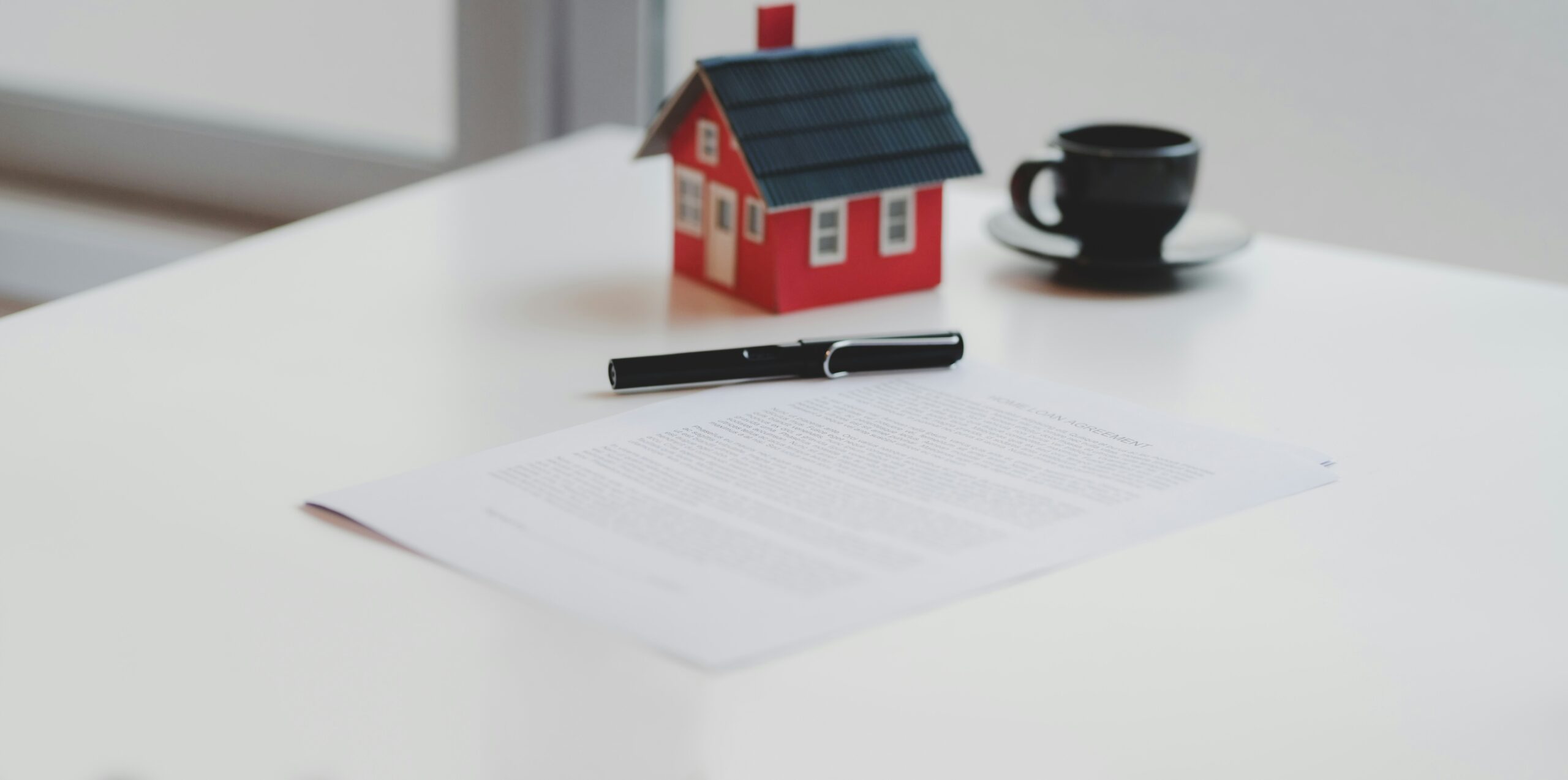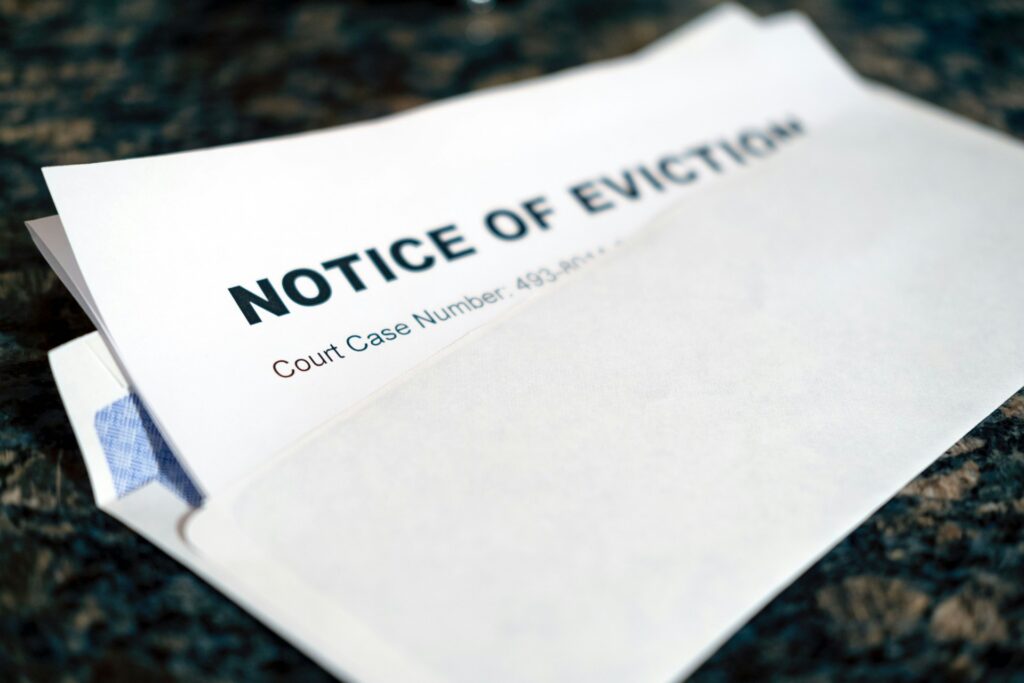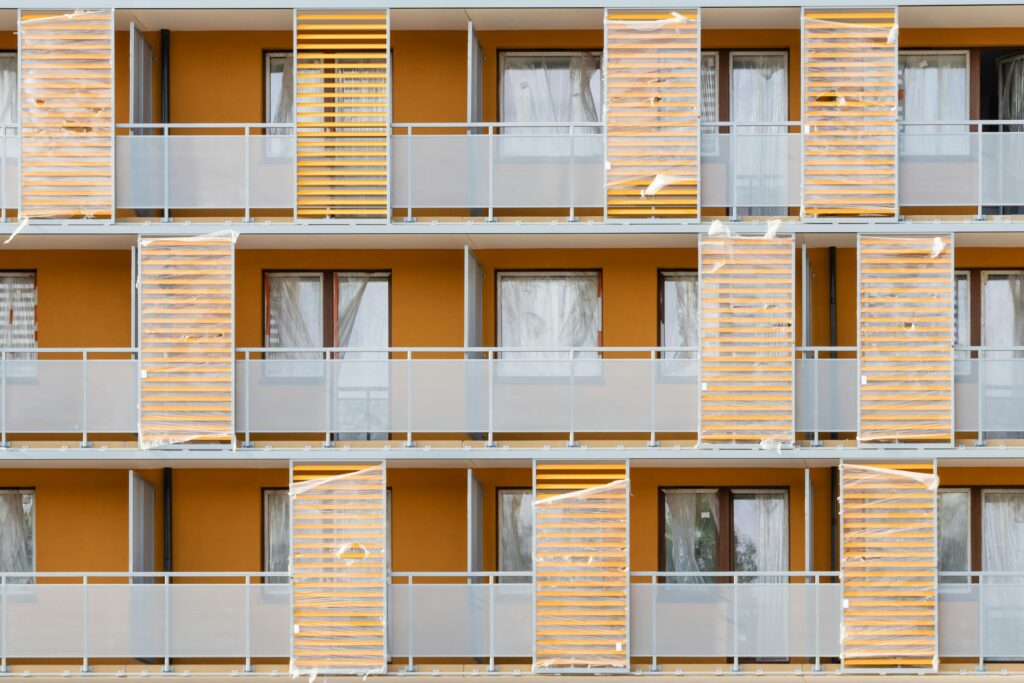Do Landlords Pay Tax on Rent?

Estimated reading time 6 minutes
Owning one or more buy-to-let properties can be a great way to generate some extra income. With a steady stream of rent being paid to you each month, you can help finance retirement, pay off a mortgage, or treat yourself as a reward for your hard work in climbing the property ladder so successfully. However, before you can truly appreciate the fruits of your labour, you’ll need to pay tax.
Landlords must pay tax on rent – but don’t panic. There are a host of expenses that can be claimed, and tax relief that can be applied, to help lessen the load passed on to the taxman.
What can a landlord count as rental income?
Rental income for landlords is mainly the money received for allowing tenants to live in the property. However, other charges can fall under the rental income umbrella for additional services you may provide. These can even include services where you make no profit but receive cash from tenants to help keep the property functioning. Examples include:
- Utility expenses
- Cleaning of communal areas
- Repairs and maintenance
Expenses such as these would be logged as rental income, as you receive cash from the tenant, but then offset as expenses for the outsourced contractors who carry out the work.
At the end of the year, all income must be declared and attributed to the relevant categories. Thankfully, many items can be deducted from your income as allowable expenses, as we’ll explain shortly.
What can a landlord count as allowable expenses?
The money received from tenants as rental income will often cover more than just rent, as mentioned above. However, many of these can be deducted as allowable expenses, as you’re not actually making a profit from them. Think of yourself as the middleman – you receive a payment and forward it on to the relevant utility company, management company or service provider.
So, what are the allowable expenses for landlords? There are quite a few, so make sure you declare them to have them deducted from your tax bill.
Allowable expenses include:
- Maintenance and repairs to the property
- Utility bills
- Service charges
- Ground rent
- Council tax
It’s worth noting that while maintenance and repairs are allowable expenses, home improvements are not. One point that often causes confusion is that these allowable expenses must be declared in the tax year the work is completed – even if the payment isn't made until the following year.
What about tax relief for landlords?
Landlords can claim tax relief on specific items, but only when those items are bought for the use of the tenants. The old items being replaced must be removed from the property. Examples include:
- Beds
- Sofas
- Curtains
- Carpets
Tax relief for buy-to-let mortgages
Additional tax relief is also available on buy-to-let mortgage interest payments. A buy-to-let mortgage is typically an interest-only mortgage, meaning each monthly payment covers only the interest. You can claim a tax credit based on 20% of the interest you pay.
For example: if your rental income tax bill is £5,000 and you’ve paid £15,000 in mortgage interest, you can claim 20% of £15,000 = £3,000. This reduces your tax bill to £2,000.
How much tax do I pay on my rental income?
The total tax you’ll pay depends on your profit and whether you take advantage of the property income allowance.
The property income allowance allows you to earn the first £1,000 of your rental income tax-free. This can be doubled to £2,000 for joint owners. However, if you claim this allowance, you cannot deduct expenses, so weigh up which option is better for your situation.
Working out your profit is simple:
- Add together your rental income (from all properties, if applicable)
- Add together all allowable expenses
- Deduct expenses and any buy-to-let mortgage relief from your rental income
This leaves you with a taxable profit. This amount is added to any other income (e.g. salary or pension). Based on your total income, your tax band will be:
| Taxable Income (total income including rental, employment, pension) | Tax Rate |
| £12,571–£50,270 | 20% |
| £50,271–£125,139 | 40% |
| £125,140+ | 45% |
These rates apply for the current tax year and remain in place until 2028/29.
Rental income tax example
The array of percentages and monetary values can make things a little confusing. Below, we’ve laid out an example to show how much tax you may pay:
- You earn £20,000 per year in rental income
- Your allowable expenses total £5,000
- You are left with a profit of £15,000
- You receive £40,000 per year in other earnings
- You have a total annual income of £55,000
- No tax is paid on the first £12,570
- You pay 20% tax on £37,700 (from £12,571 to £50,270) = £7,540
- You pay 40% tax on the remaining £4,730 (from £50,270 to £55,000) = £1,892
- This leaves you with a tax bill of £9,432
- With £8,000 paid in mortgage interest, you can claim a tax credit of 20%, or £1,600
- This brings your final tax bill down to £7,832
When do you pay tax on rental income?
Your rental income must be declared at the end of the tax year (5th April). However, from 2026, the Making Tax Digital scheme means landlords will need to keep digital records and submit quarterly returns, in addition to an end-of-year return.
For your current end-of-year return:
- Paper returns must be submitted by 31st October
- Online returns must be submitted by 31st January of the following year
Can a landlord reduce the tax they pay on rental income?
Yes – in some cases, even to zero.
If you earn under £1,000 per year in rental income, you do not need to report it to HMRC.
If you earn more, you can reduce your tax bill by:
- Maximising deductions – review all allowable expenses carefully
- Renting a room – under the Rent a Room Scheme, if you live in the property and rent out a room, you can earn up to £7,500 tax-free
- Becoming a limited company – if you're a higher-rate taxpayer, this structure may offer tax benefits
What happens if my expenses exceed my rental income?
If your expenses are greater than your income, you're running at a loss. The good news? You can carry forward this loss to offset future profits.
Example:
- Year 1: loss of £3,000
- Year 2: profit of £3,000
- Deduct the £3,000 loss from the £3,000 profit
- Result: £0 taxable income
For some landlords, vacant periods, difficult tenants or simply a desire to move on may lead to the decision to sell. At Bettermove, we help make that happen. Our fast house sale process enables landlords to sell their properties quickly and at no cost. We can even sell tenanted properties, reassuring your tenants that they can remain in the property too.
With a sale completed in just seven days, we move fast – so you can too. Contact our team today to find out more.



